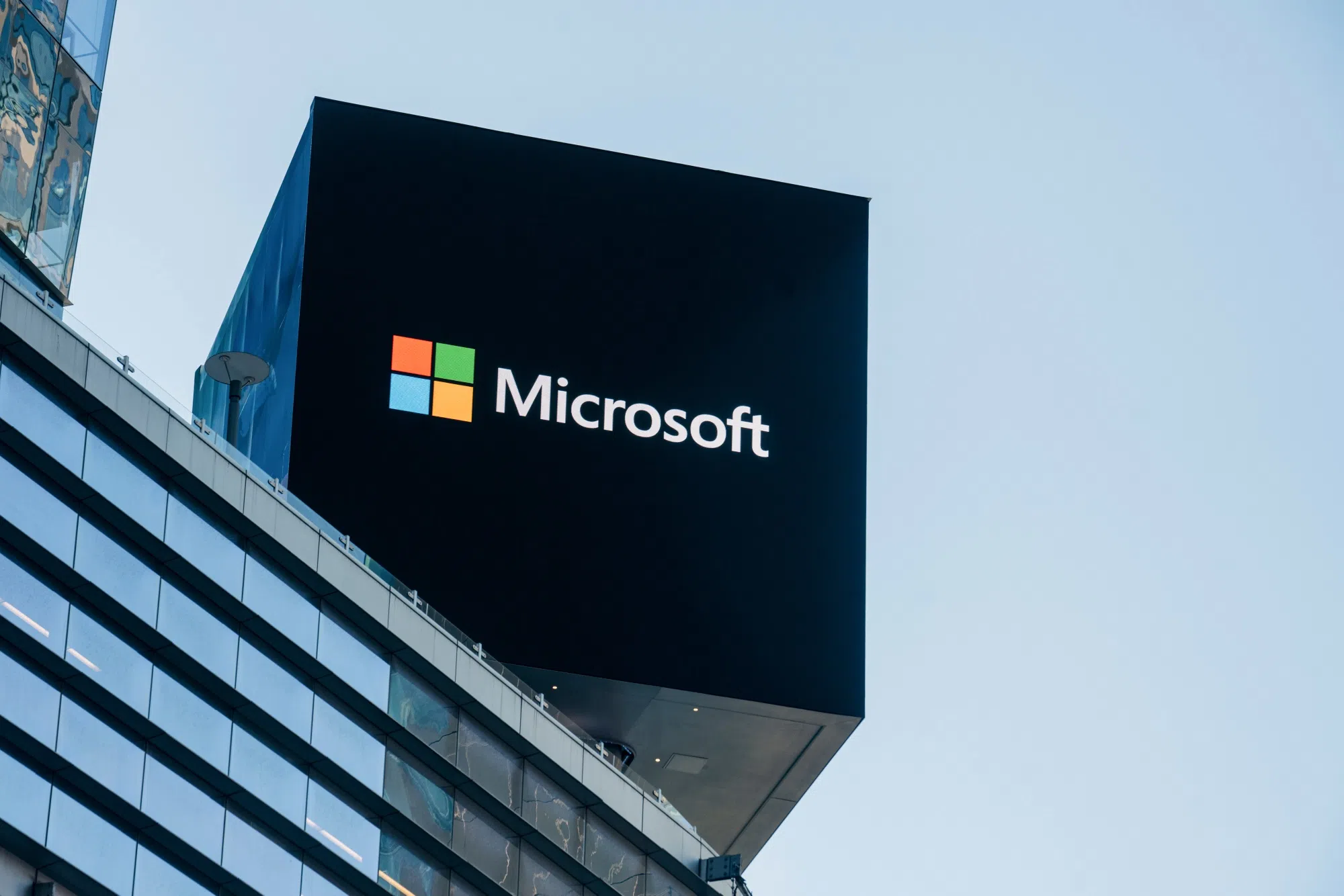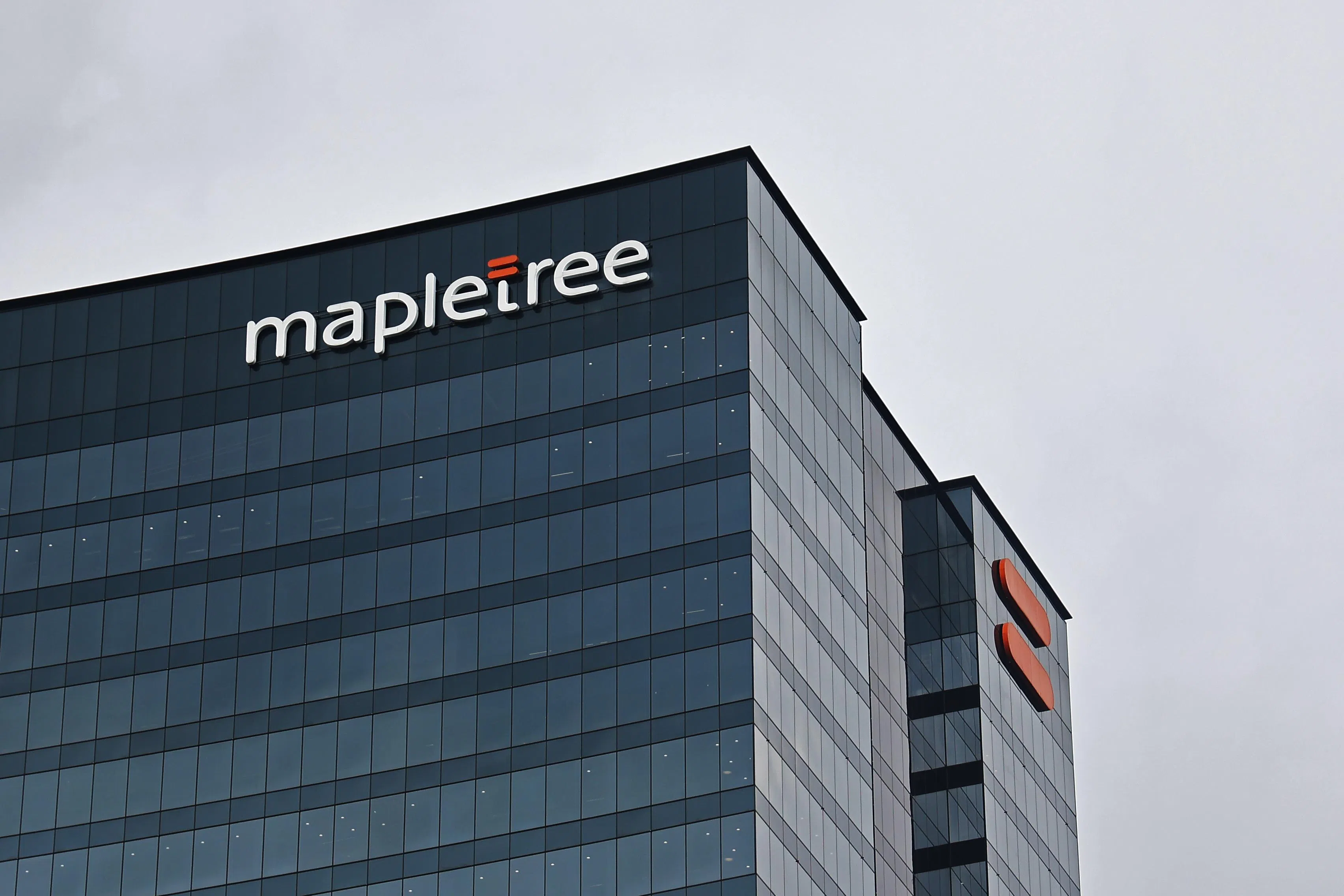WHEN President Donald Trump joined tech executives on Tuesday (Jan 21) to tout a multibillion-dollar artificial intelligence (AI) project led in part by OpenAI, one question sprang to mind: Where’s Microsoft?
Despite investing almost US$14 billion in OpenAI and using the startup’s AI models for its next-generation cloud services, Microsoft was mentioned only as a technology partner in a joint venture called Stargate launched by OpenAI, SoftBank Group and Oracle. Then, in a blog post, the software giant said OpenAI could use rival cloud services to train and run its AI models with Microsoft’s permission, watering down an exclusivity contract.
The flurry of announcements prompted renewed speculation that the Microsoft-OpenAI relationship has frayed somewhat, although each party currently has more to gain together than apart. But Microsoft has become less willing to spend even more money financing the computing power OpenAI says it needs to retain a lead in AI.
In 2023, Microsoft was close to a deal to invest tens of billions of additional US dollars in OpenAI, according to sources familiar with the situation. At the time, Altman was talking to Microsoft about helping fund a massive expansion of AI infrastructure with investors in Asia and the Mideast, the sources said. Any Microsoft investment would likely have furthered those ambitions.
Then Sam Altman, the startup’s chief executive officer, was briefly fired, exposing instability at the heart of OpenAI. Altman was reinstalled as CEO, but the upheaval prompted Microsoft to abandon plans to invest more money, said one of the sources, who requested anonymity to discuss private negotiations. Altman’s infrastructure plans have since changed several times, but Microsoft CEO Satya Nadella had lost enthusiasm for contributing significant sums.
The New York Times previously reported Microsoft’s planned investment in OpenAI.
BT in your inbox
Start and end each day with the latest news stories and analyses delivered straight to your inbox.
Microsoft did pump US$750 million into OpenAI’s most recent US$6.6 billion funding round. But its refusal to make a larger commitment prompted Altman to look for other partners and to chafe against a contractual exclusivity provision that required OpenAI to get all of its cloud capacity from Microsoft to 2030.
Nadella and Altman have had many conversations about the latter’s ambitions to dramatically scale up computing capacity, and Microsoft may invest in an OpenAI infrastructure project, including possibly Stargate, in the future, according to one of the sources.
OpenAI needs more computing capacity to fulfil its ambitions, and companies of its current scale do not generally work with a single partner, according to a source familiar with the situation. The revised deal between OpenAI and Microsoft indicates that the two companies continue to work together closely, the source added.
Microsoft views the revised contract with OpenAI as advantageous, according to sources familiar with the company’s thinking. The software giant retains its share of OpenAI’s revenue and is the largest investor in a company that may now become even more valuable – though the size of that stake could change as the startup works to restructure as a for-profit. And Microsoft also still has access to OpenAI models, even if they are trained in a data centre funded by Softbank or Oracle.
The Stargate joint venture and rejiggered partnership with OpenAI also lets Microsoft offload some AI spending onto rivals. That’s a positive development for a company that has pledged to lavish US$80 billion this fiscal year on capital expenditures and is monetising those investments at a slower pace than Wall Street would prefer.
When asked by CNBC to comment on the Stargate joint venture, Nadella said: “Look, all I know is I’m good for my US$80 billion.” BLOOMBERG




